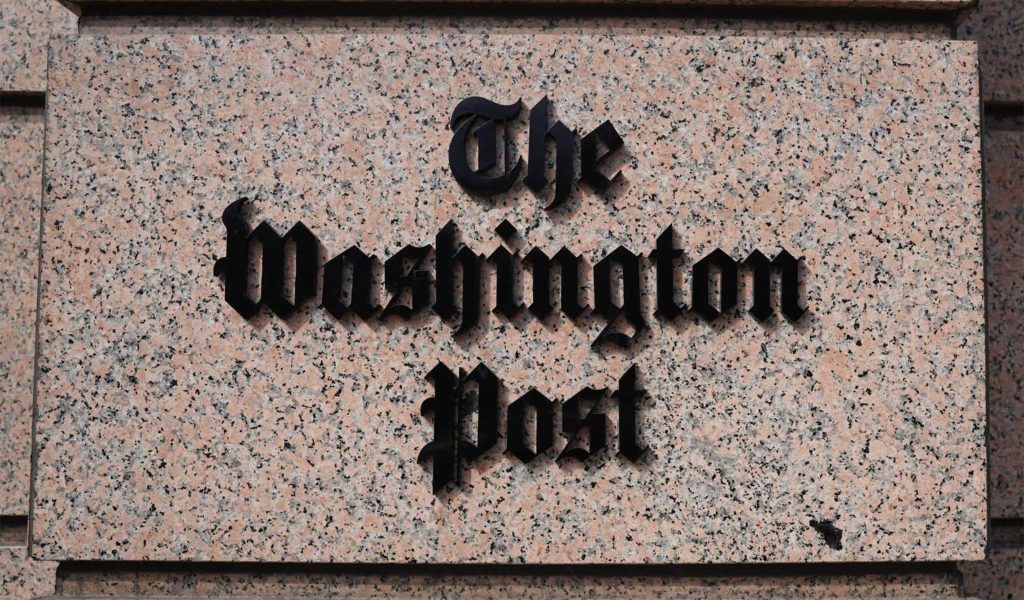There’s little to no growth in tax cuts for middle and poor earners. It’s sad something so obvious requires stating, but the obvious requires stating in modern times as supply-siders unwittingly embrace Keynesian theory.
We see the above first and foremost in the belief expressed by supply-side types that government spending is inflationary. Government spending is a massive tax as all forms of centralized control of resources are, but it logically couldn’t cause prices to rise via “excess demand” as supply siders now claim.
The simple truth is that government has no resources. Zero. Which means it can in no way increase demand. Supply siders used to know this. That they did was basic supply side: all demand begins with supply, which means government can’t increase demand as Keynesians believe, it can only extract spending power from the pockets of the productive.
Only Keynesians believe in a spending multiplier, or at least only Keynesians did until recently. Now supply siders embrace what vandalizes reason. And it doesn’t stop there.
Indeed, consider Donald Trump’s 2017 tax cuts. While there are compelling arguments for the economic growth portion of Trump’s presidency, no true supply sider would contend that his “Tax Cuts and Jobs Act” was pro-growth. It wasn’t simply because the bill raised rates on the richest, while reducing them on the poor and middle class. Steve Moore has acknowledged this truth. So now has former Sen. Phil Gramm.
In a recent letter to the Wall Street Journal in response to Brian Deese and David Kamin’s contention that “the 2017 tax cut went largely to high-income individuals,” Gramm and writing partner Mike Solon responded that “the nonpartisan Joint Committee on Taxation found that it made the world’s most progressive tax system even more progressive.” Translated for all of us, the Trump tax cuts whacked the rich.
Particularly as so many of the rich live in coastal states, they found themselves paying more in taxes under Trump. To be clear, this was the design of the Trump team. As Steve Bannon has routinely bragged, he sought dramatic increases on the rich and corporations. Per Gramm, and the Joint Committee on Taxation, the populists in the Trump administration got what they wanted.
So while the economy undoubtedly grew during Trump’s presidency, the growth wasn’t a consequence of tax cuts despite what supply siders claim. That’s the case because investment is what powers economic growth, yet taxes went up on those with the means to invest: yes, the rich. The poor and middle are less able to invest, and in particular invest in intrepid, growth-oriented fashion, precisely because they don’t have enough money. The latter doesn’t insult them as much as it’s an observation of the obvious.
When you cut taxes on those with a little or a little more than a little, they spend what’s not taxed. To Keynesians focused on consumption, this is growth. Except that it’s not. Supply siders used to understand this. Not anymore, it seems.
As for corporations, Gramm and Solon oddly assert that corporate taxes fall on consumers first, “then on workers and owners.” No, corporate taxes fall on owners, period. In other words, they’re a double taxation on the wealth of the rich. This matters because while the headline corporate tax rate went down under Trump, it did only after other taxes were increased on corporations to make up for the lower rate. The rich were whacked again.
It’s just something to think about. Growth matters, it’s crucial, and it can best be achieved when the tax burden is shrunk for those most capable of saving over spending. True, pro-growth tax cuts would aggressively reduce the burden on the rich. That they didn’t by the admission of people like Gramm is a reminder that when supply siders talk up the growth impact of the Trump tax cuts, they’re making a Keynesian argument.
Republished from RealClear Markets






